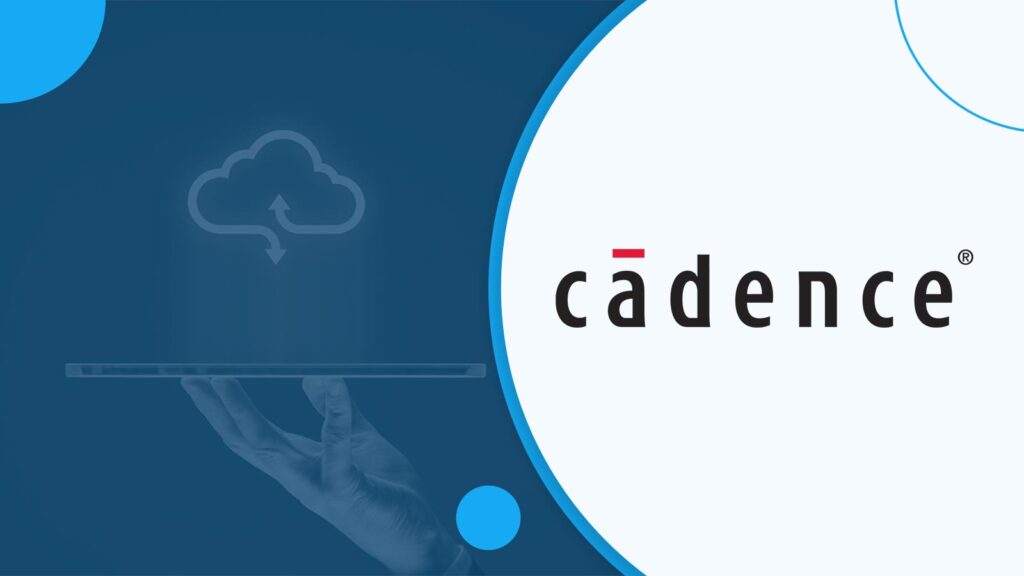or call: +1 (845) 347-8894

or call: +1 (845) 347-8894
or call: +1 (845) 347-8894

Highlights:
The goal of the expanded partnership between Cadence Design Systems, Inc. (Nasdaq: CDNS), TSMC, and Microsoft is to speed up the physical verification of giga-scale digital designs. Through this most recent partnership, shared customers can adopt the Cadence® PegasusTM Physical Verification System and TSMC technologies, utilising the ready-to-use Cadence CloudBurstTM Platform and Microsoft Azure cloud, in order to shorten design schedules and lower compute costs.
It has historically taken days or longer to execute physical verification on large digital designs due to the significant compute resources required as well as the need for high-performance machines with a lot of expensive physical memory. Physical verification is one of the last steps before tapeout, so designers are under a lot of pressure to stick to tight deadlines and financial constraints.
For massively distributed implementation on-premises and in the cloud, the Cadence Pegasus Verification System was designed from the ground up. The FlexCompute technology in the Pegasus Verification System offers dynamic, automated CPU management, freeing users from having to specify precise CPU requirements. Additionally, FlexCompute optimises CPU usage, delivering the ideal harmony between turnaround time and cloud compute resources. The Pegasus Verification System in the cloud provided optimal performance and a 20% decrease in cloud compute costs, according to preliminary results.
“Design teams can look to the cloud to verify designs with flexible compute resources,” said Dan Kochpatcharin, head of TSMC’s Design Infrastructure Management Division. “Driven by the constant push to meet consumer demands while coping with increasingly larger design sizes.” Through the TSMC OIP Cloud Alliance, we have continued to work with Cadence and Microsoft to provide fast, simple access for our mutual customers to our cutting-edge technologies and Cadence’s industry-leading design solutions in a cloud environment powered by Microsoft Azure. Customers can effectively manage giga-scale designs thanks to this group effort, which significantly reduces run-time and enables them to market differentiated products faster and with higher quality.
Dr. Chin-Chi Teng, senior vice president and general manager of the Digital & Signoff Group at Cadence, stated that through their most recent collaboration with TSMC and Microsoft, the company has “continued to deliver innovations that help customers resolve their most pressing physical verification design challenges.” Our customers gain the competitive edge they need to effectively manage compute costs for time-sensitive chip design projects when they use our Pegasus Verification System with its FlexCompute technologies, the ready-to-use CloudBurst environment with the Microsoft Azure cloud platform, and TSMC’s technologies.
“As leading-edge designs present new challenges for engineering teams, we continue to optimise the Microsoft Azure cloud for silicon development to meet the complex, variable infrastructure needs of our shared customers, pushing the boundaries of giga-scale designs,” continued Mujtaba Hamid, GM of Modeling and Simulation at Microsoft Azure. The cost-effective silicon design signoff via the cloud is advanced by our ongoing work with the Cadence and TSMC teams, allowing engineers to meet their time-to-market demands while controlling advanced-node complexity.
A new white paper on the expanded partnership between Cadence, TSMC, and Microsoft is available for download at TSMC-Online at https://online.tsmc.com/online/. The white paper includes a set of guidelines, sample scripts, in-depth illustrations, the CloudBurst reference architecture, and the Azure cloud IT best practises guidelines for maximising cloud resources. It also describes the giga-scale strategy underlying the Pegasus Verification System’s cloud execution model. The collaboration will also be highlighted in a presentation by TSMC, Microsoft, and Cadence at the upcoming CadenceLIVE Silicon Valley Conference, which will be held in Santa Clara, California, on April 19–20, 2023. Visit www.cadence.com/go/cadencelivesvpr to sign up.
A faster route to design closure is made possible by the Pegasus Verification System, which is a component of the larger digital flow. The CloudBurst Platform, which is a component of the larger Cadence Cloud Portfolio, offers quick, simple access to Cadence tools. System-on-chip (SoC) design excellence is made possible for customers by the Cadence Intelligent System DesignTM strategy, which is supported by the digital and cloud portfolios. Go to www.cadence.com/go/pegasuscloudcollabpr for more details on the Cadence Pegasus Verification System. Visit www.cadence.com/go/cloudbppr for more details on the Cadence CloudBurst platform.
Regarding Cadence
Building on more than 30 years of experience in computational software, Cadence is a key innovator in the design of electronic systems. Delivering software, hardware, and intellectual property (IP) that materialise design concepts is how the company implements its core Intelligent System Design strategy. The most cutting-edge businesses in the world, including Cadence customers, produce extraordinary electronic products for the most dynamic market applications, such as hyperscale computing, 5G communications, automotive, mobile, aerospace, consumer, industrial, and healthcare. These products range from chips to boards to complete systems. Cadence has been recognised by Fortune magazine as one of the 100 Best Companies to Work For for nine years running. Visit cadence.com to learn more.
